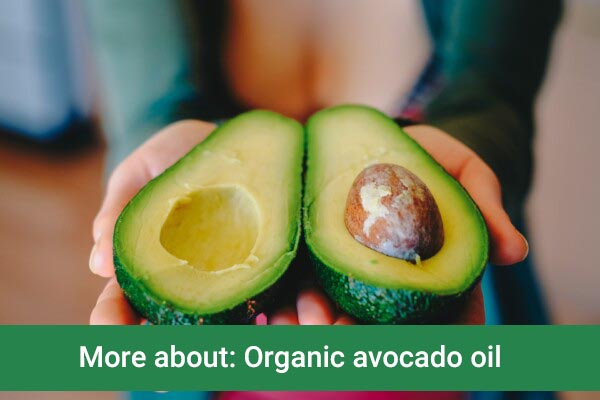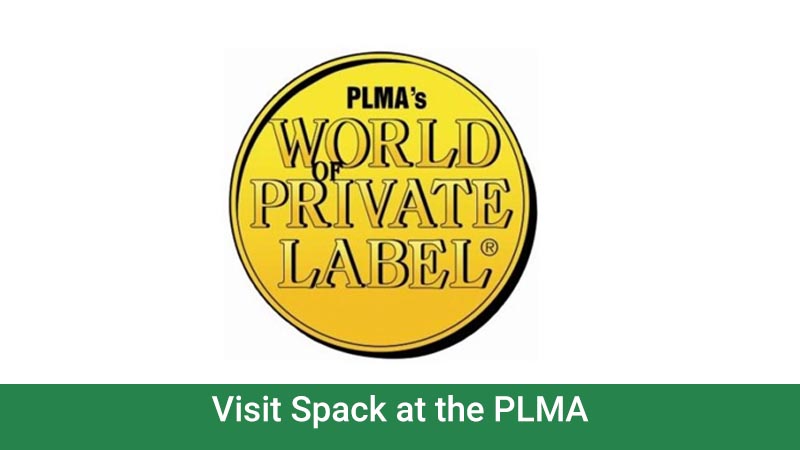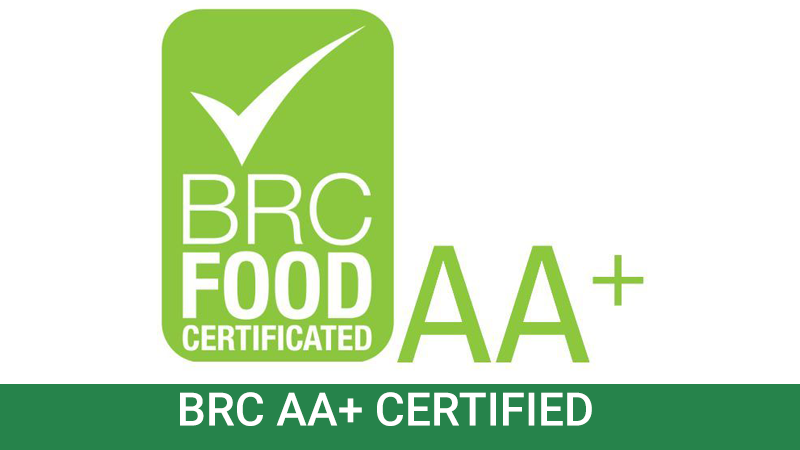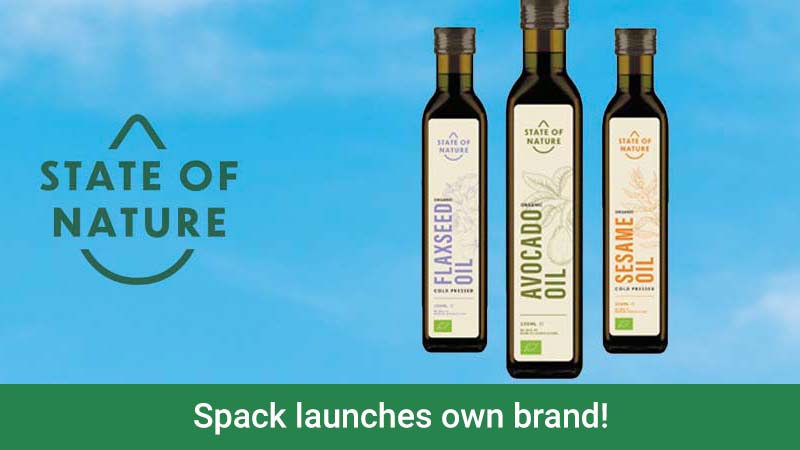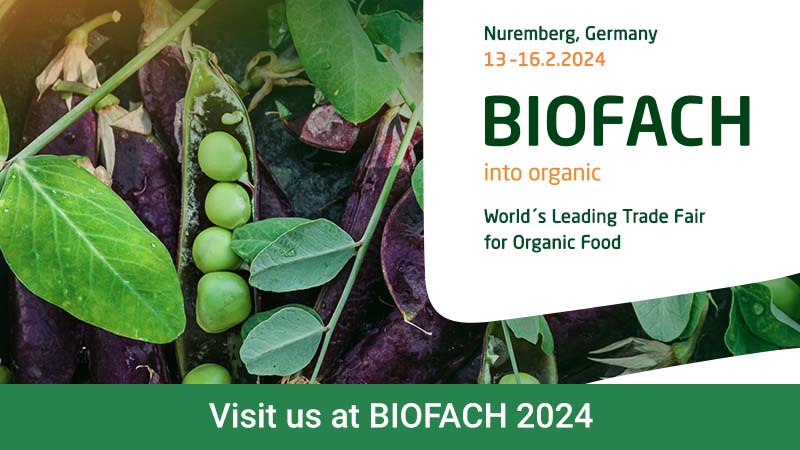From farmer to customer: the production of our own organic coconut oil
What started in 2018 as an idea to produce our own Organic Virgin Coconut Oil (VCO), became reality at the beginning of last year.
We opened a new production facility that is located in the center of the coconut industry of Vietnam, called Ben Tre. The processing capacity of our facility is 60.000 nuts, resulting in 6 tons of organic VCO and 3,5 tons of organic coconut flour each day. This new facility gives Spack the guarantee of a constant supply of high-quality organic coconut oil and coconut flour.
To establish this, months have passed to invest in building a good team in Vietnam. Auditing and certifying more than 900 farmers took a lot of time, especially during the Covid crisis which resulted in several lockdowns. Despite the delay, Spack has managed to certify not only their own facility but also all the farmers with the organic USDA/ EU certification. Besides the USDA/EU certification we are also BRC, ISO 22.000, Halal and Kosher certified.
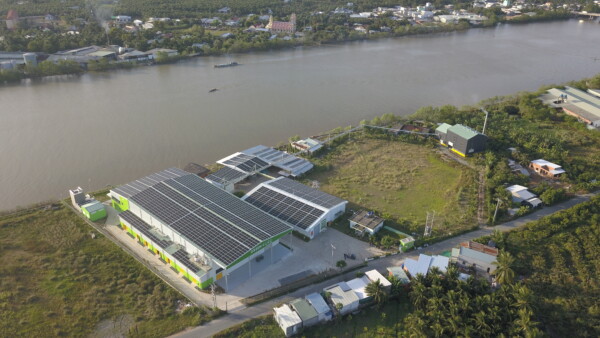
Organic Virgin Coconut Oil (VCO)
Every part of the coconut is processed. In addition to the oil and flour, we also sell all the by-products. For example the coconut fibers, the hard shell, the coconut water and the soft coconut shell. These by-products are sold to local companies that use this as basis for their end products.
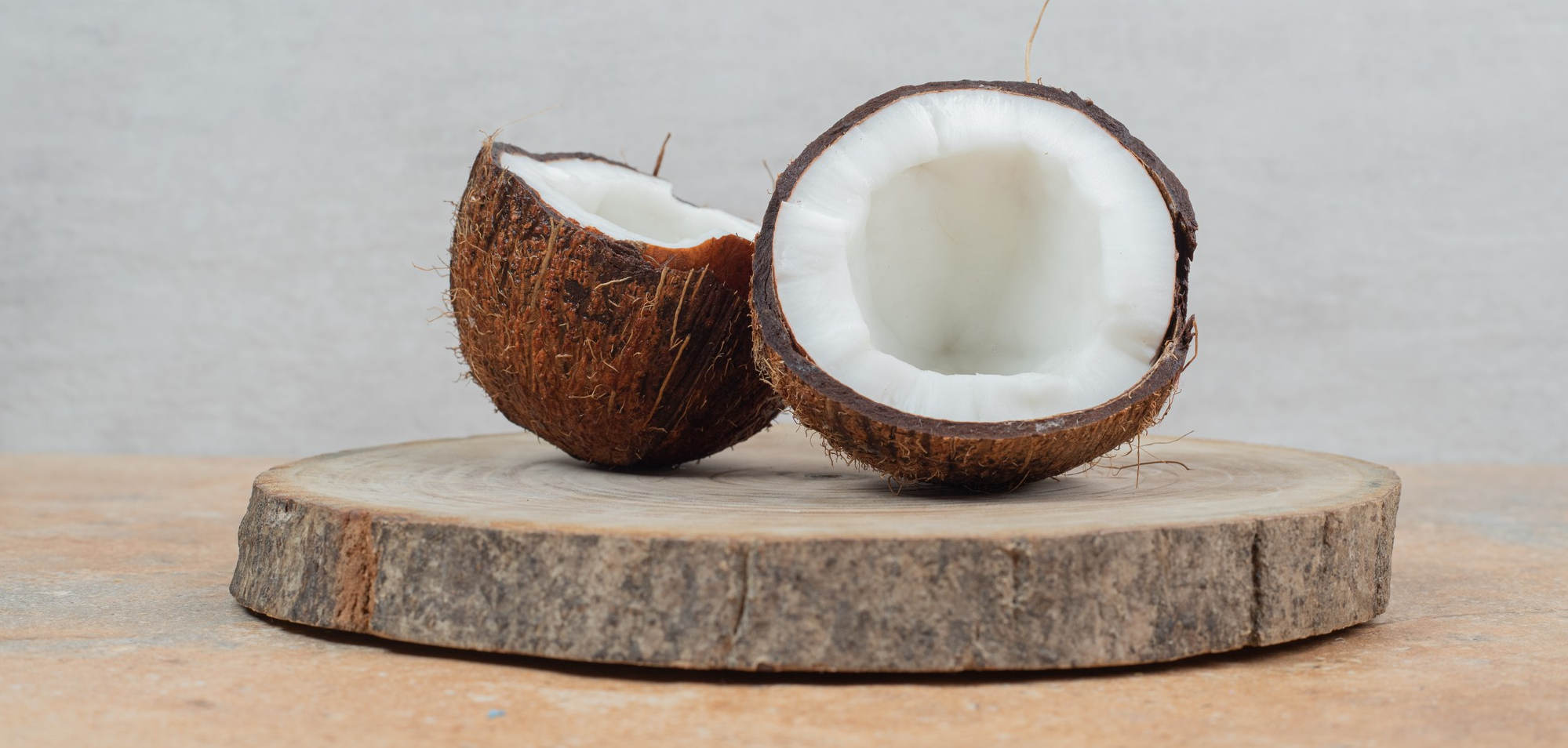
Food safety and quality
Food safety and quality are very important parameters. It starts with harvesting and it ends with filling the flexitank, IBC, drum or small packaging for the local market such as jerrycans or 500ml glass jars. To ensure the food safety and quality, there is a close cooperation between the quality teams of Spack and Vietnam. Every shipment is strictly tested by internal and external laboratories.
Production Process
The first screening gets done when the organic coconuts arrive. Nuts are tested on their weight, color and condition. After the inspection the nuts are stored in specially made “Bins” to maintain the quality. During the process, the white coconut meat is inspected and the moisture content and PH are also measured. After pressing, the oil is stored in different tanks and samples are taken for the laboratory.
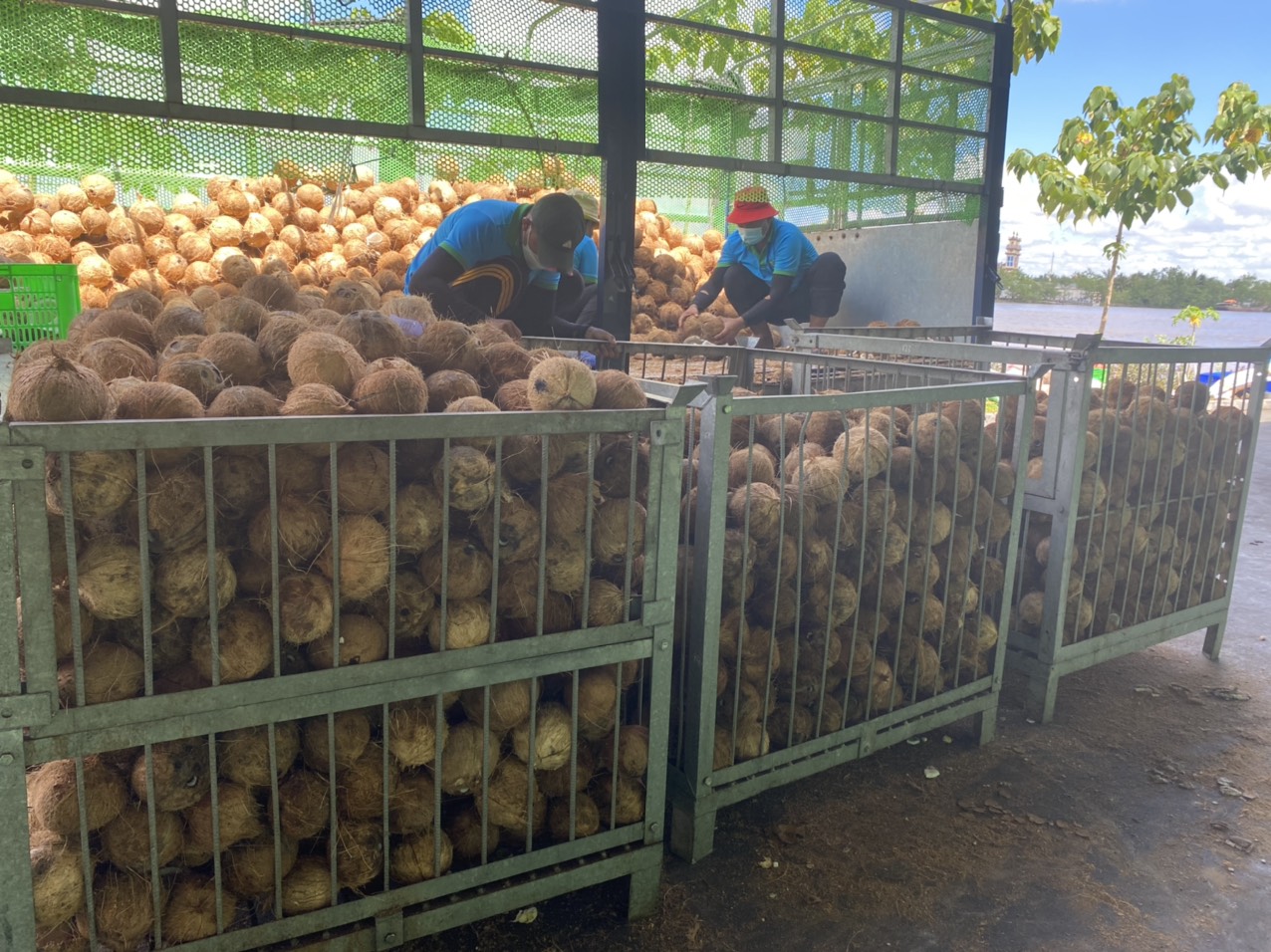
Inspection and counting coconuts
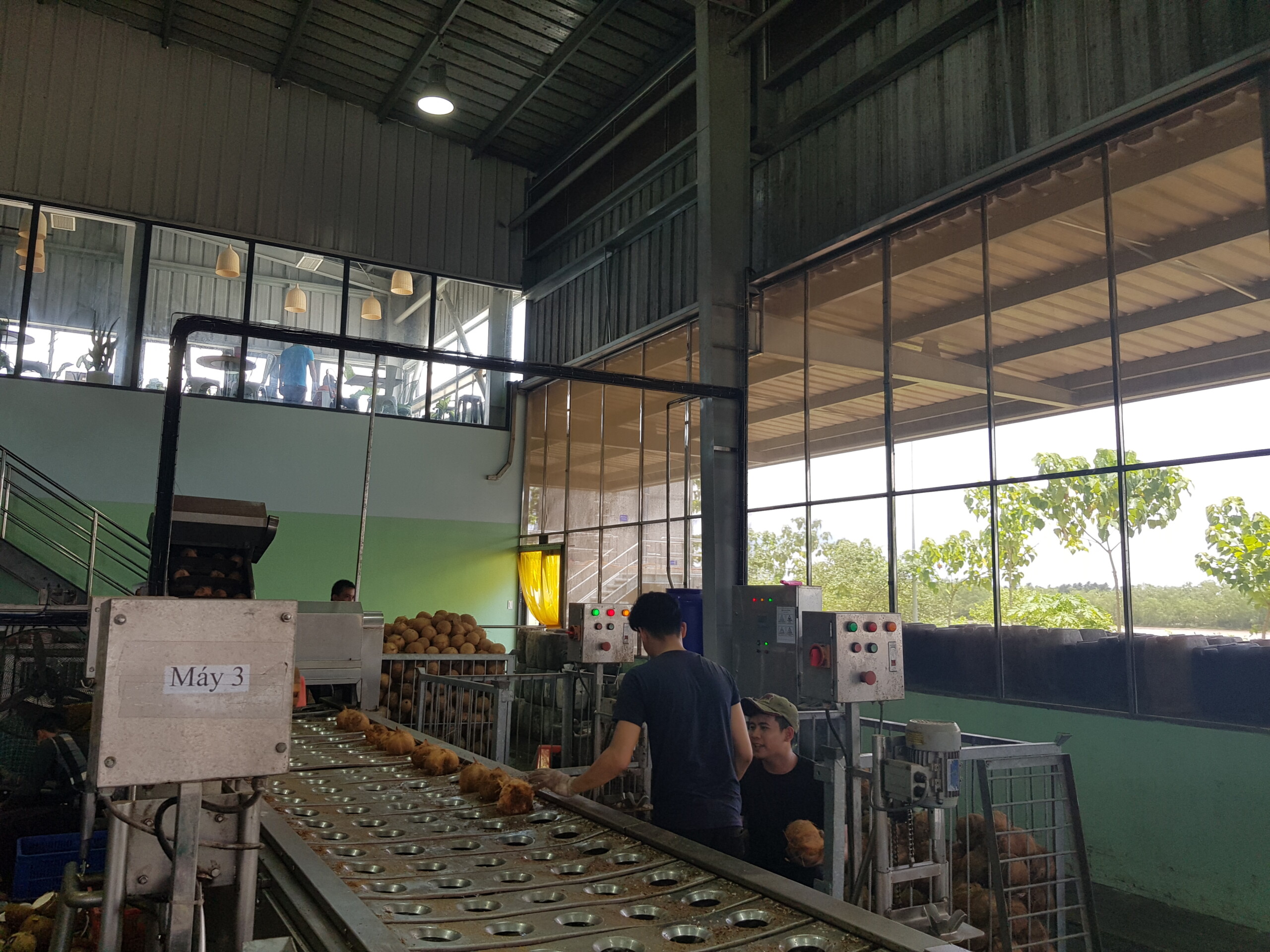
Collecting coconut water
The production starts with the so-called “Primary Process”. During this process, the nuts are peeled down to the white flesh. The “peeling” of the nut is mainly done manually and therefore creates a lot of local employment. The coconut water is collected and other by-products are stored separately. After the primary process, the white meat is washed and crushed in the “Wet Area”. Subsequently, the crushed meat is dried for 30 minutes in a specially made 25 meter long belt dryer.
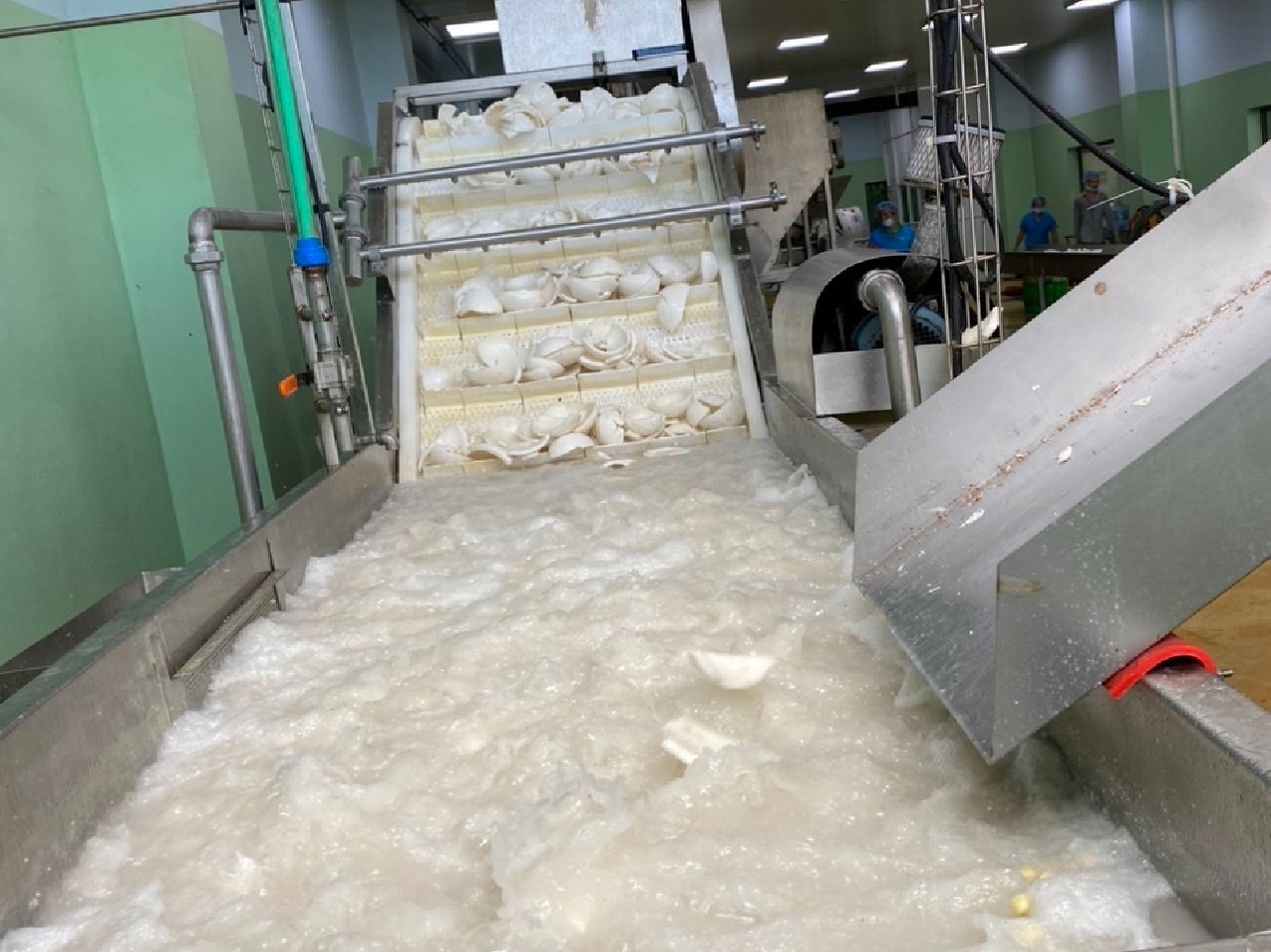
Washing coconut meat
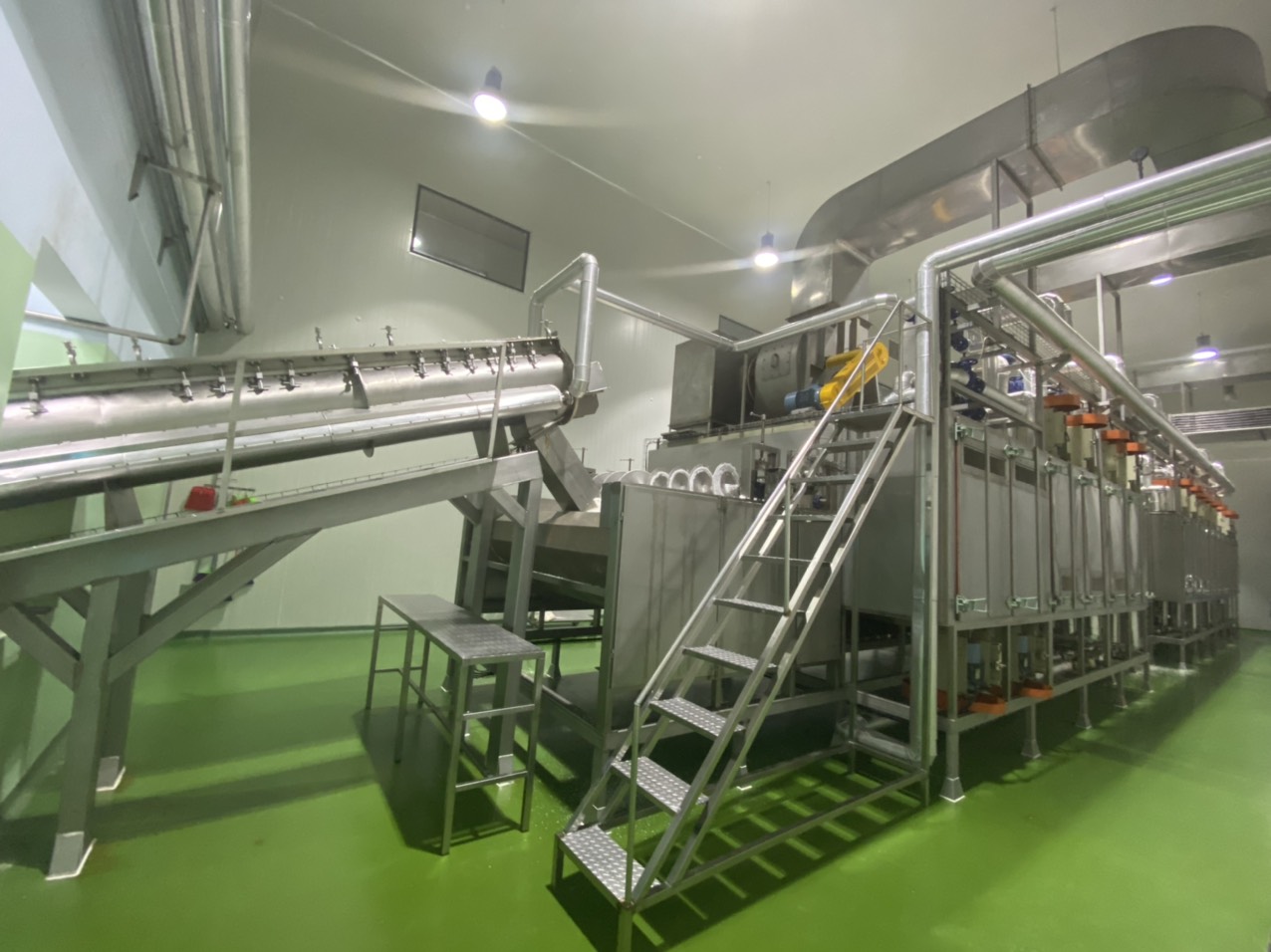
Dryer
Now that the crushed coconut meat has dried to a set moisture content, the cold pressing can begin. The pressing is done by means of a so-called “Expeller Press”. Because the expeller press is continuously cooled, the oil does not heat up and it retains all its natural components. The pressed oil is collected and then goes through a complex filtration system to reduce the moisture content and impurities. The oil is now ready for consumption and can be packed.
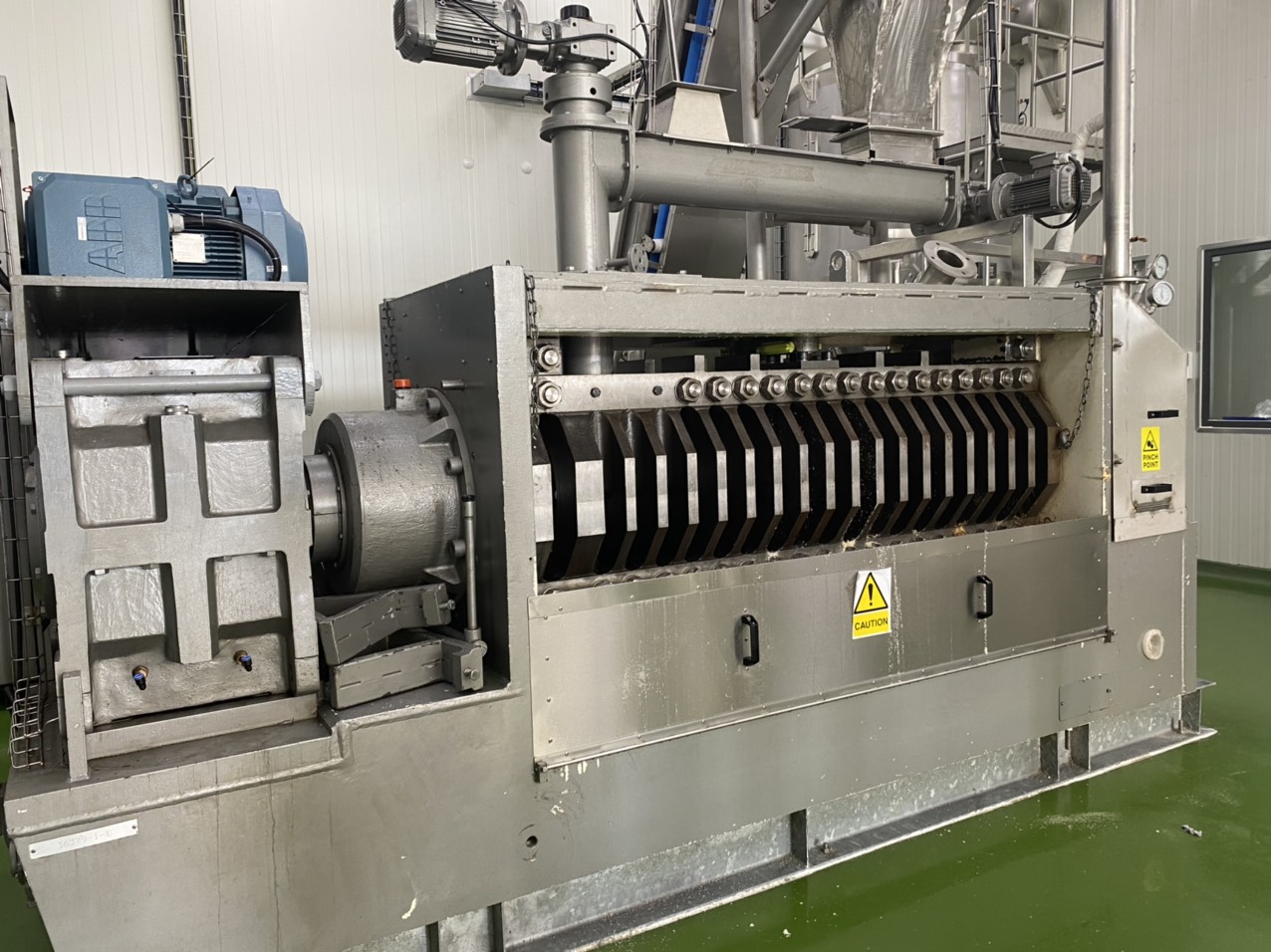
Expeller Press
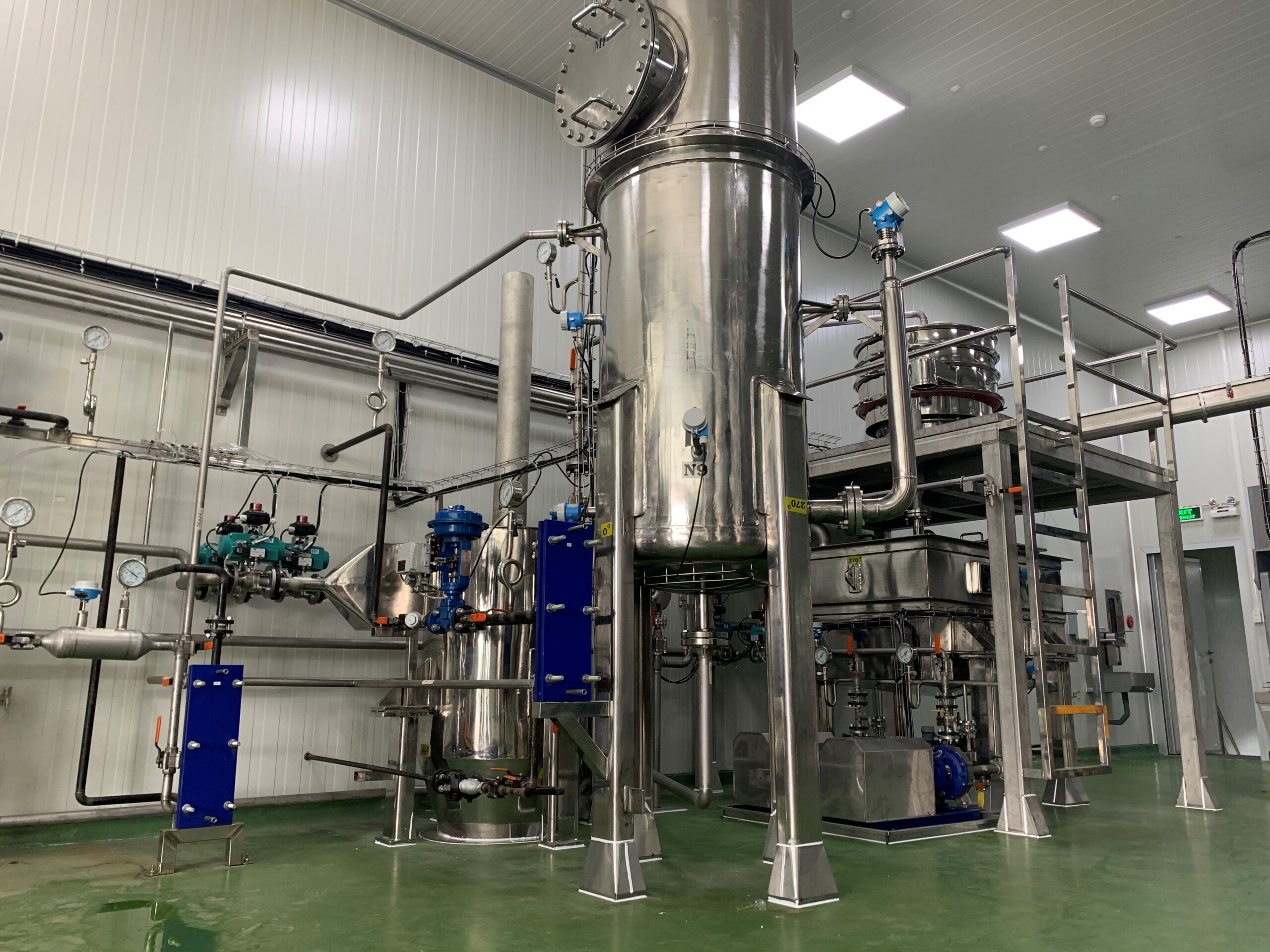
Filtration
During pressing, in addition to oil, a dry product flow is also created, this is called “Cake”. This cake is crushed to the desired particle size, the end product is flour and is then packed and stored in conditioned packaging.
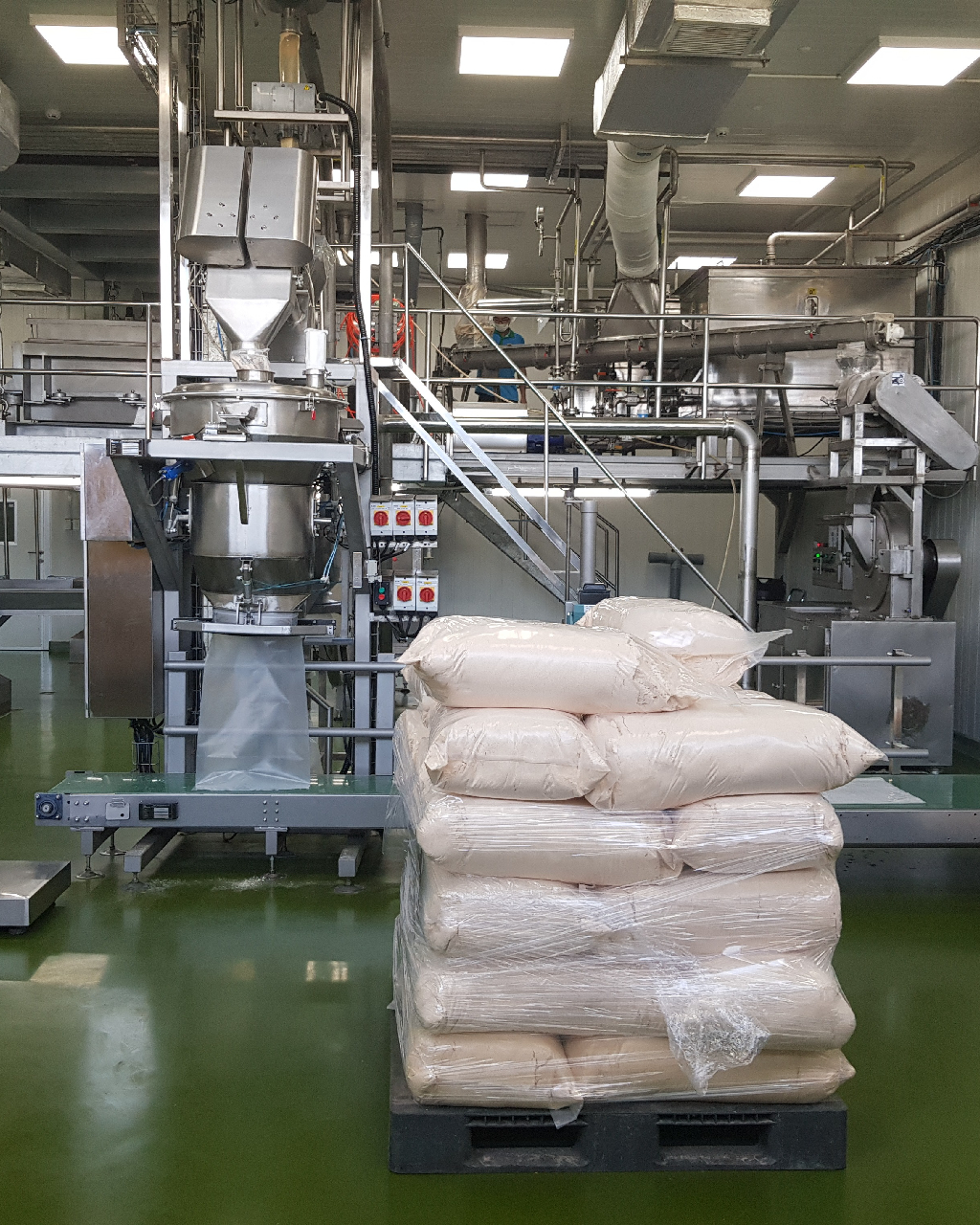
Organic coconut flour
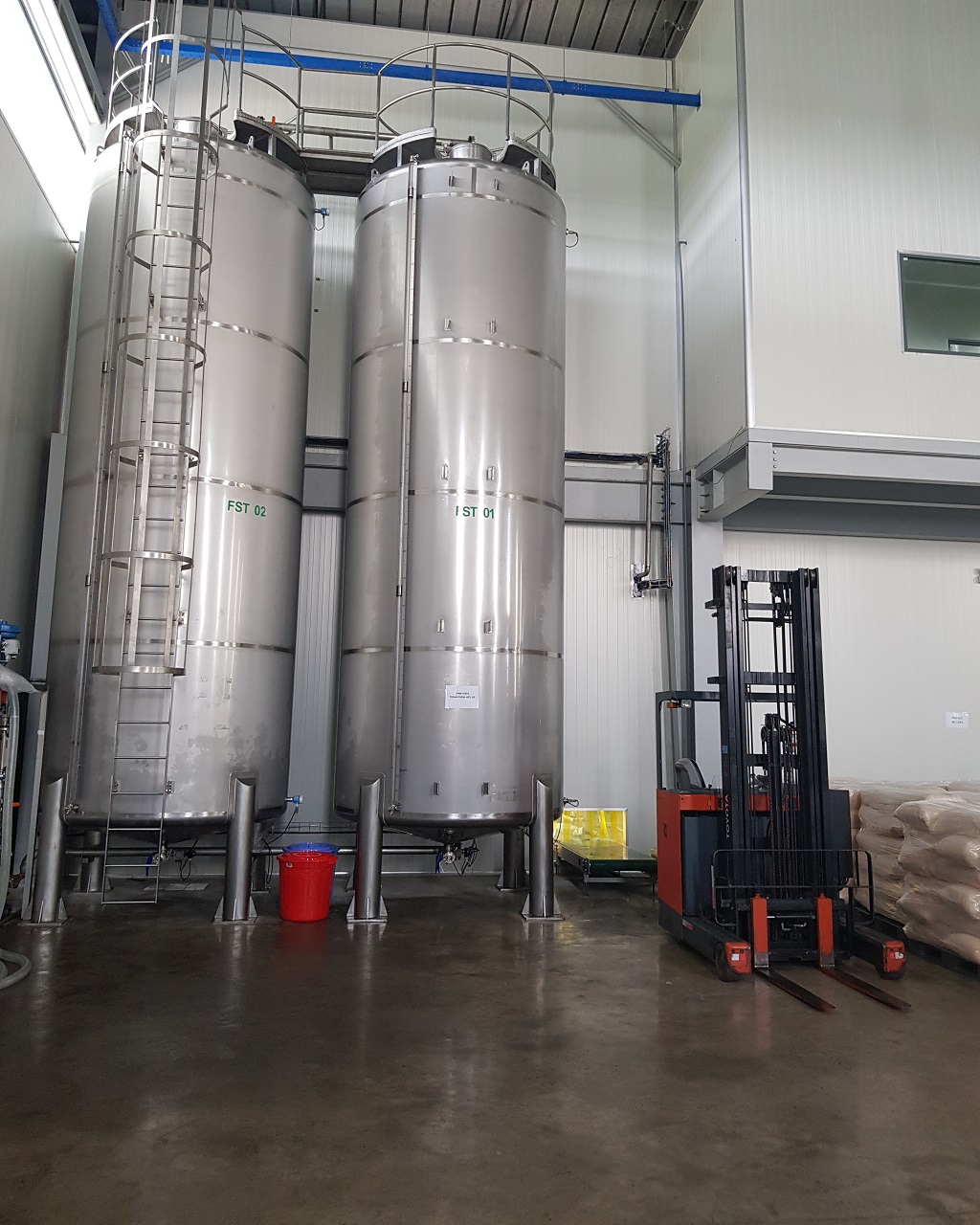
Storage tanks
We’re very satisfied with the great quality of the product.
After a turbulent and educational year, the factory is now in full production and many people have already been able to enjoy the Organic Virgin Coconut Oil from Spack.
Please visit this page for more information about coconut oil.

